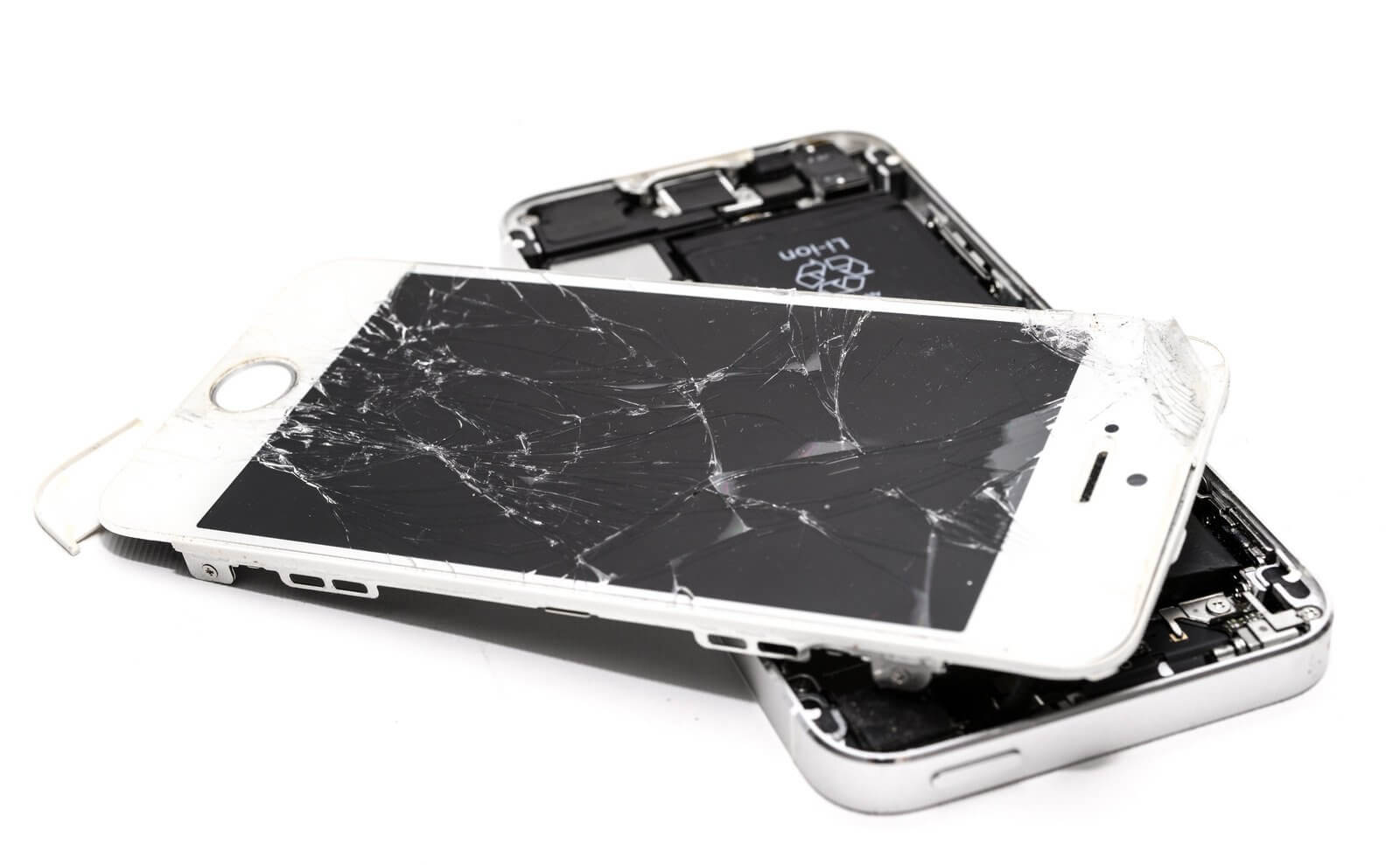
Keeping your iPhone running smoothly is crucial, but deciding between an iPhone repair or replacing a malfunctioning device can be challenging. We’ll guide you through the factors to consider, including the role of software updates, to help you make an informed decision.
Understanding iPhone Updates and Their Impact
Apple typically supports iPhones with major iOS updates for six to seven years after release, with major iOS updates about once a year to address bugs and introduce minor improvements.
As of March 5, 2024, the most recent iOS version, iOS 17, is compatible with the iPhone SE (2nd generation) and later models. Some key features include:
- A new full-screen standby mode experience for quick information while charging.
- Easier airdrop sharing and contact connections.
- Manage multiple Safari profiles on one device.
These updates bring new features, improve performance and patch security vulnerabilities. You can receive updates over Wi-Fi or through your computer using iTunes or Finder.
Which iPhones Are No Longer Supported?
iPhones may still function, but they are no longer receiving critical security updates and may not be compatible with all apps and services. Here’s a list of iPhones that no longer receive major iOS updates as of January 2024:
- iPhone X (2017)
- iPhone 8 (Plus) (2017)
- iPhone SE (1st generation) (2016)
- iPhone 7 (Plus) (2016)
- iPhone 6(S) (Plus) (2015)
- iPhone 5, 5S, and 5C (2012-2013)
- iPhone 4 and 4S (2010-2011)
Why Does Apple Cease Device Support?
Focusing resources on supporting newer devices allows Apple to improve performance and address security concerns for its user base. As technology advances, Apple faces two main challenges in supporting older iPhones:
- Newer iOS versions often require more processing power and memory than older iPhones can handle efficiently. This would lead to performance issues and instability if Apple forced compatibility on older devices.
- Updating older devices with increasingly complex security patches can be resource-intensive and ineffective due to hardware limitations.
What happens When Your iPhone Stops Receiving Updates?
If you use your iPhone primarily for basic tasks such as making calls, texting, and safe browsing, you may be able to continue using it even after losing support. However, there are some disadvantages to keep in mind:
- Without updates to address security flaws in the operating system, your iPhone becomes more vulnerable to malware, phishing attacks, and other threats, potentially compromising your personal information, financial data, or even the entire device.
- You miss out on new features and improvements, which could negatively impact your experience. These can include camera enhancements, performance optimizations, and new accessibility features.
- Some apps may eventually require a newer iOS version to function correctly. This could limit your ability to use certain apps or force you to upgrade to a newer iPhone model.
Repair vs. Replace: Making an Informed Decision
Facing a malfunctioning iPhone can be frustrating, leaving you with the dilemma of repair or replacement. Regardless of your choice, always back up your iPhone to iCloud, iTunes, or a trusted third-party solution. Doing so safeguards your precious photos, contacts, messages, and apps. Check if your iPhone is still under warranty and what repairs are covered.
Apple Authorized Service Providers offer peace of mind with trained technicians, genuine parts, and repair warranties. Choosing to repair your iPhone instead of replacing it can offer several advantages:
- Keep your data intact, eliminating the need to transfer it to a new device, which is often time-consuming and potentially risky.
- Extend your iPhone’s lifespan, reducing electronic waste and the environmental impact associated with manufacturing a new device.
- A cost-effective solution for minor damage, especially if you are still receiving major iOS updates.
However, upgrading to a new iPhone can be expensive, so carefully weigh the repair cost against the cost of:
- New iPhone: Offers the latest technology and long-term iOS support but at a high cost. Ideal for those who rely heavily on their device and seek the newest features.
- Certified, pre-owned iPhones: Strikes a balance between price and reliability, with warranties comparable to new models. Suitable for users wanting newer technology without the full price of a new device.
- Used iPhone: The most affordable option, perfect for budget-conscious users. Carefully considering the device’s condition and support status is required to avoid potential issues.
Benefits of Upgrading Your iPhone to a Newer Model
Upgrading to a newer iPhone can offer a range of advantages, depending on your needs and priorities. Here are some key benefits to consider:
- Receive the latest iOS updates, which include critical security patches.
- Powerful processors and improved RAM, leading to smoother and faster performance. This translates to a more responsive experience when using apps, browsing the web, or playing games.
- More efficient batteries that last longer on a single charge.
- Upgrades in camera technology offer higher resolution, better low-light performance, and advanced features like portrait and cinematic modes. These advancements can significantly enhance your photography and videography experience.
- With advancements in 5G technology, you benefit from faster upload and download speeds. This means you can download movies, music, and other files in a matter of seconds and upload large files much quicker.
ASK Computers Can Help!
Whether you decide to repair your iPhone or upgrade to a newer model, ASK Computers can assist you. We take great pride in offering a comprehensive range of same-day iPhone repair services to restore your devices to excellent condition. Our expert technicians can diagnose your iPhone’s issue and recommend the best course of action.
Visit ASK Computers at 111 Front St E, Toronto, to learn more about our iPhone repair services and pre-owned iPhone options.

